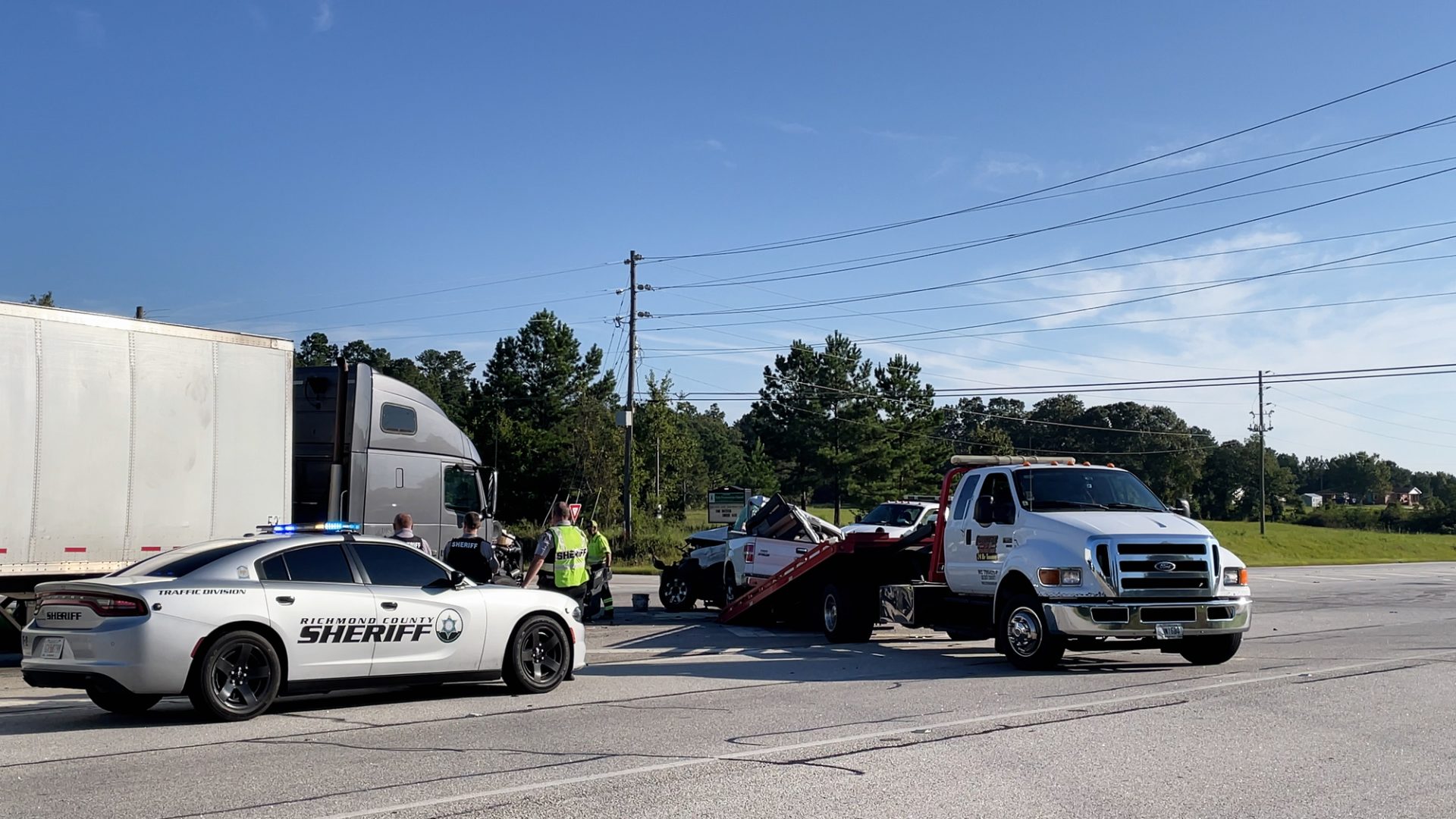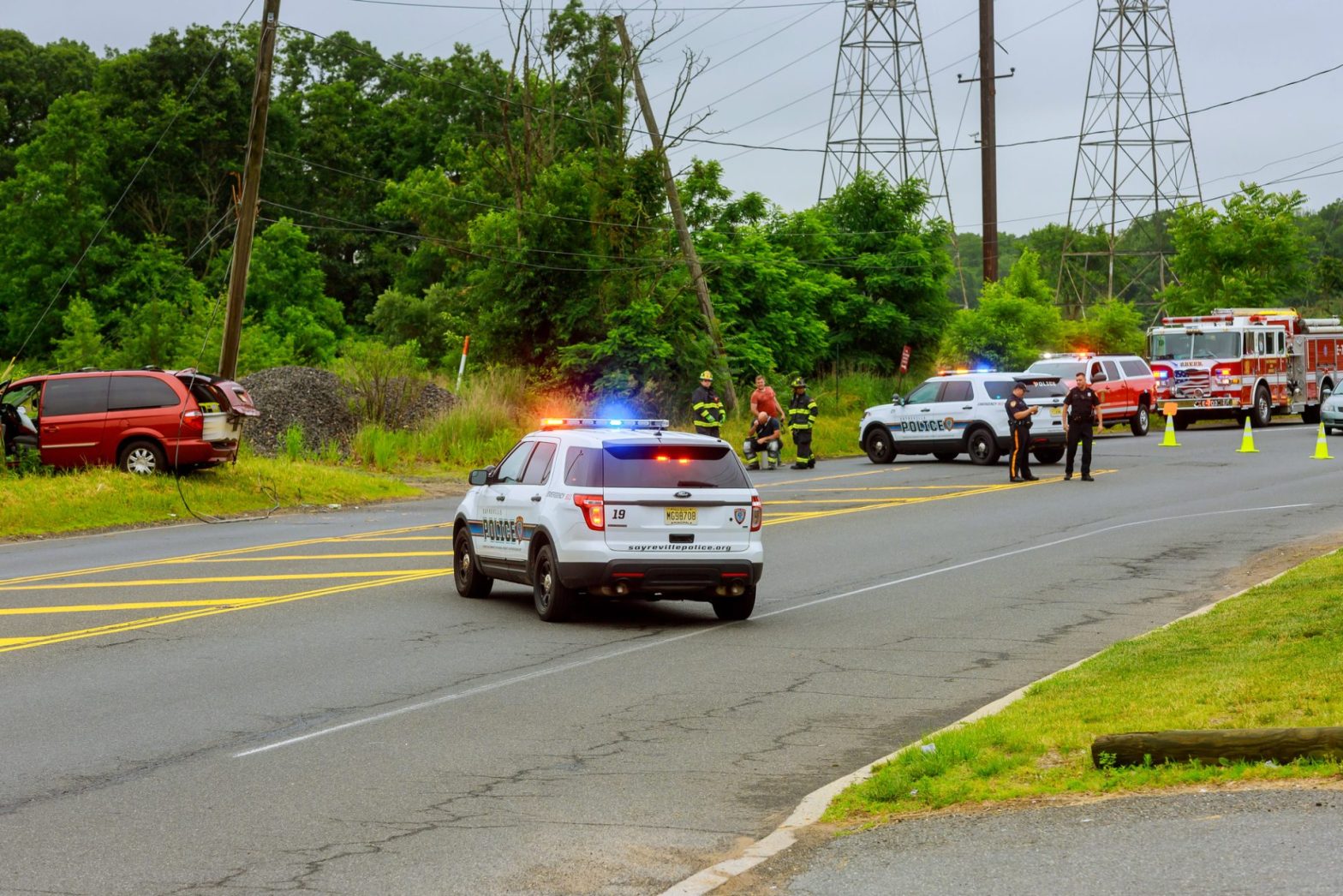Si tiene un accidente con un coche de policía u otro vehículo policial, su derecho a recibir una compensación depende de varios factores. Esto no significa que la policía esté por encima de la ley porque, al igual que con otras agencias gubernamentales, es posible responsabilizar a un agente de policía o al departamento de policía por sus lesiones. Sin embargo, dadas las complejidades que implica el proceso, es mejor buscar asesoramiento legal lo antes posible.
Accidentes con vehículos policiales en cifras
A pesar de los avances tecnológicos en los coches de policía modernos, como sistemas de control, asistencia de frenado, cámaras y GPS, los accidentes que involucran vehículos policiales siguen siendo frecuentes.
En 2022, Nueva York registró 2,921 accidentes con daños superiores a 1,000 dólares, en comparación con 2,201 en 2017 y un máximo de 3,137 en 2019. Las cifras disminuyeron durante la pandemia (2,620 en 2020 y 2,518 en 2021). Las muertes en accidentes de tráfico en Nueva York aumentaron de seis en 2022 a siete en 2023. Además, un estudio de The Newhouse reveló que 237 policías de Syracuse enfrentaron sanciones disciplinarias por accidentes de vehículos policiales entre 2013 y 2022, mientras que cientos de otros casos no recibieron sanciones.
Los esfuerzos por reducir los accidentes de vehículos policiales parecen dar resultados. Por ejemplo, el Departamento de Policía de Syracuse informó una disminución del 65% en estos accidentes entre los primeros cinco meses de 2023 y 2024.
Determinación la responsabilidad en un accidente con un vehículo policial
Si está involucrado en un accidente con un vehículo policial y el error es suyo, responsabilizar a la otra parte podría no ser una opción. Además, un agente policial puede estar exento de las leyes de tránsito en diferentes escenarios. Estos pueden incluir perseguir a un sospechoso de un delito o responder a una emergencia. No obstante, los policías pueden estar exentos de las leyes de tránsito en ciertas circunstancias, como persecuciones o emergencias, siempre que actúen con precaución. En Nueva York, la ley especifica que:
Las Leyes Consolidadas de Nueva York, Vehículos y Tráfico (VAT), Capítulo 71, Título 7, Artículo 23, Sección 1104, establecen pautas claras sobre cómo y cuándo los oficiales de policía pueden violar las normas de tránsito al realizar operaciones de emergencia.
- Pueden pasar señales rojas intermitentes o fijas y señales de stop después de reducir la velocidad, según sea necesario para la seguridad de los demás.
- Pueden exceder los límites de velocidad prescritos siempre que no pongan en peligro la vida o la propiedad.
- Pueden violar las normas de tránsito solo si tienen señales audibles en forma de sirenas u otros dispositivos.
- Sus vehículos deben tener al menos una luz visible a 500 pies en condiciones normales y al menos una luz roja.
- Siempre deben conducir con el debido respeto por la seguridad de los demás.
Entonces, ¿qué sucede si un policía choca tu auto durante una persecución? Dado que la policía también tiene que seguir ciertas pautas en la carretera incluso cuando realiza operaciones de emergencia, si un oficial de policía tiene la culpa en un accidente automovilístico, es posible que pueda obtener una compensación por sus daños.

¿Puede presentar una demanda contra la policía por un accidente de tráfico?
Lo que ocurre si un policía choca su coche depende de los detalles específicos de su caso, pero si es posible responsabilizar a la otra parte, presentar una demanda podría ser una opción. Sin embargo, tenga en cuenta que acudir a los tribunales puede ser un proceso tedioso y que requiere mucho tiempo, por lo que la mayoría de estos casos terminan en acuerdos.
Un acuerdo se produce cuando su abogado de accidentes de tráfico y el abogado que representa a la otra parte llegan a un acuerdo sobre la indemnización que debe recibir. Si las negociaciones no dan resultado, su abogado puede proceder a presentar una demanda.
Plazo de prescripción
Si desea presentar una demanda tras un accidente con un vehículo policial, debe hacerlo dentro de un plazo determinado. Según el plazo de prescripción de Nueva York, debe presentar una reclamación en un plazo de 90 días a partir del accidente. En ausencia de una resolución en un plazo de 30 días a partir de la presentación de su reclamación, o si no está satisfecho con el resultado, dispone de un año y 90 días para presentar una demanda.
¿Es un delito grave chocar contra un coche de policía?
Si el choque fue intencionado, podría enfrentar cargos graves. Entonces, la respuesta a «¿Puedes ir a la cárcel por chocar un coche de policía?» es sí. Un delito grave de Clase C implica agresión a un oficial de policía, que puede conllevar una pena de prisión de hasta 15 años.
Un delito grave de Clase B implica agresión agravada a un oficial de policía, con una pena máxima de prisión de 25 años. En algunos casos, la policía puede aceptar retirar o reducir los cargos tras la presentación de una defensa adecuada.
¿Cuánta compensación puedes obtener?
En 2023, el Departamento de Policía de Nueva York resolvió 1,693 reclamos, pagando un total de $173.7 millones, con una compensación promedio de más de $100,000. La cantidad final depende de factores como los gastos médicos, salarios perdidos, dolor y sufrimiento, y posibles daños punitivos si hubo negligencia grave.
- Gastos médicos
- Salarios perdidos
- Dolor y sufrimiento
- Pérdida de consorcio
- Pérdida de disfrute o calidad de vida
- Salarios perdidos
- Daños punitivos (si las acciones de un oficial de policía se consideran intencionales o imprudentes)
Conclusión
Involucrarse en un accidente con un vehículo policial puede ser complicado. Los agentes deben cumplir pautas específicas incluso durante persecuciones. Sin embargo, recuerde que los agentes de policía tienen que seguir pautas específicas cuando están detrás del volante, incluso si están involucrados en persecuciones a alta velocidad. Como resultado, saber dónde se encuentra desde el punto de vista legal es crucial para determinar la mejor manera de proceder, y dado que el tiempo puede ser esencial, ponerse en contacto con un abogado de lesiones personales debe ser su máxima prioridad.

